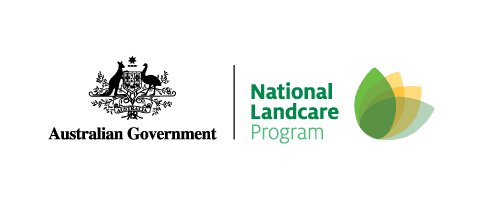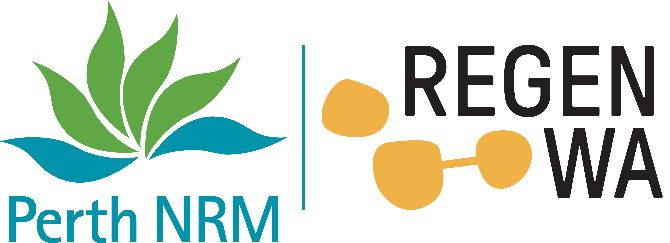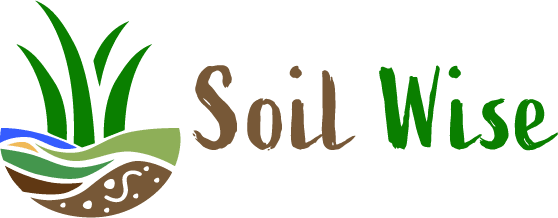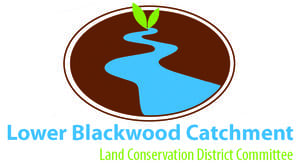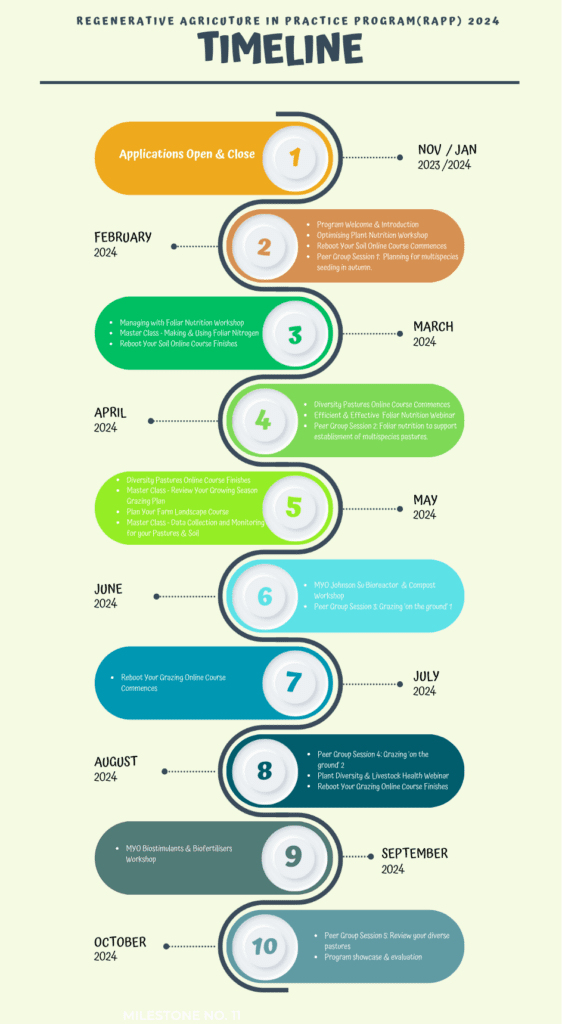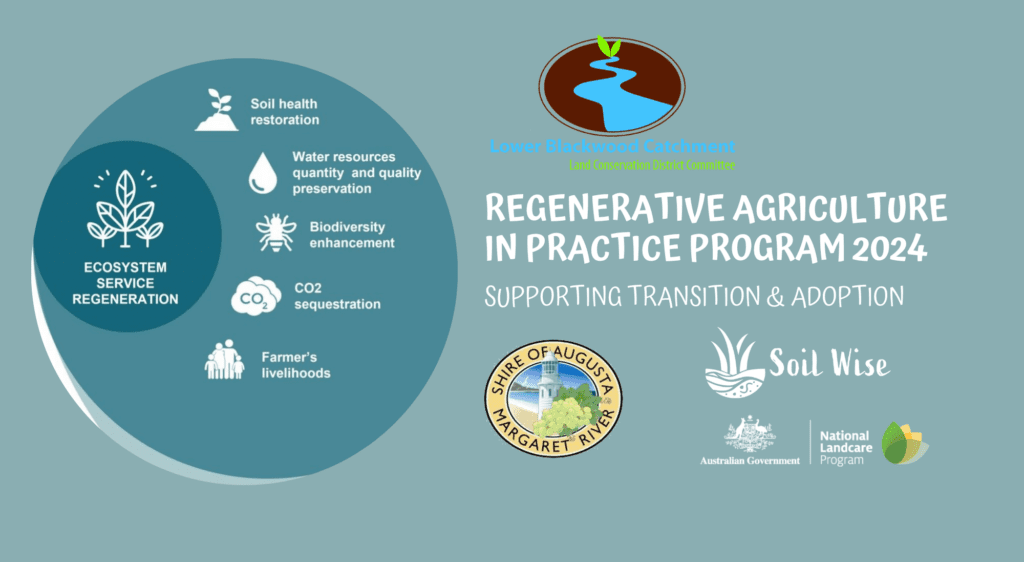
This Program has now been completed. Digital resources developed during the program can be viewed below:
Program Digital Resources
Webinars:
Podcasts:
Case Studies:
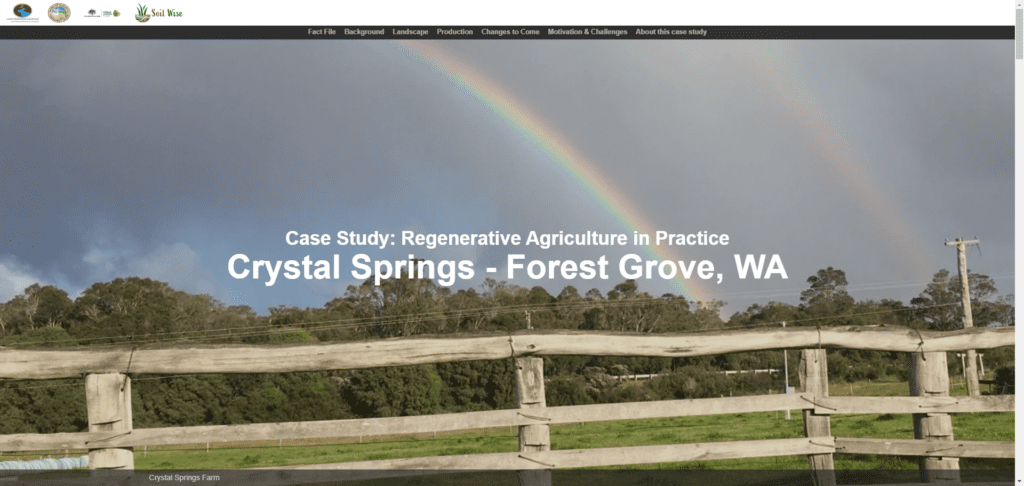
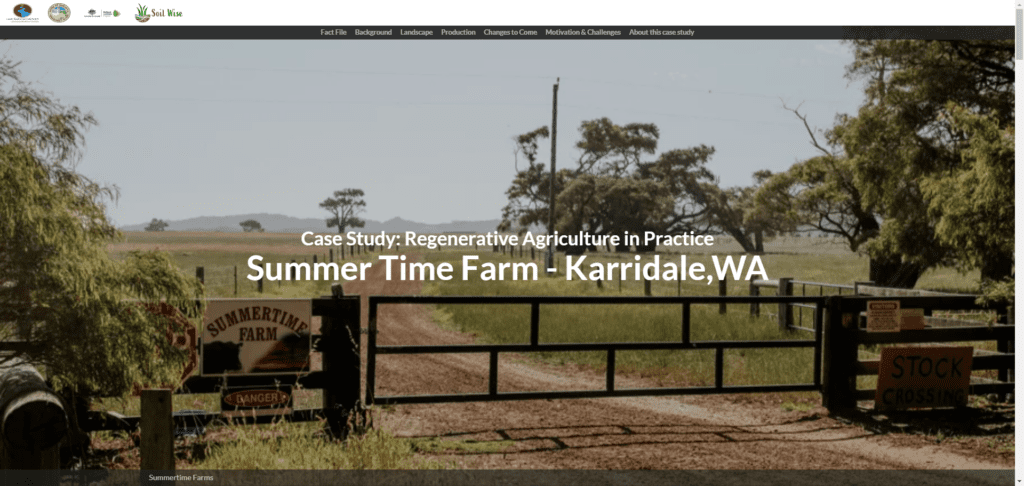
What is Regenerative Agriculture?
Regenerative agriculture is not a ‘one size fits all’ approach to farming or land management. There’s also no strict rule book, but the holistic principles behind the dynamic system of regenerative agriculture are meant to restore soil and ecosystem health, and leave our land, waters, and climate in better shape for future generations.
It’s important to appreciate that this is not a new idea and not all who practice these principles use the label. Regenerative agriculture practitioners take a broader view of their role in the world, especially in terms of soil and nutrient cycles and realize that working landscapes provide not just products but also ecosystem services like carbon sinks, water recharge, and pest & disease prevention.
Regenerative Agriculture in Practice Program (RAPP) 2024
This project seeks to build knowledge, skills and capacity through a AAA engagement framework of building Awareness, providing Advice, & encouraging Adoption of regenerative agriculture practices. The 2024 program will leverage experiences & learnings gained from the last 4 years of RAPP program delivery and other regenerative agriculture project works in the Lower Blackwood Catchment.
RAPP 2024 places a strong focus on:
- the continued engagement and support of previous project participants (alumni);
- the importance of including participant ‘partners’ or other members of the enterprise team in the learning journey; and
- the importance of ongoing monitoring, recording & sharing of progress (success & failure for continued learning & benchmarking).
This focus we believe is critical to achievement of our overall goal of building a strong and effective Regenerative Agriculture Community of Practice in our region.
The Program In Summary:
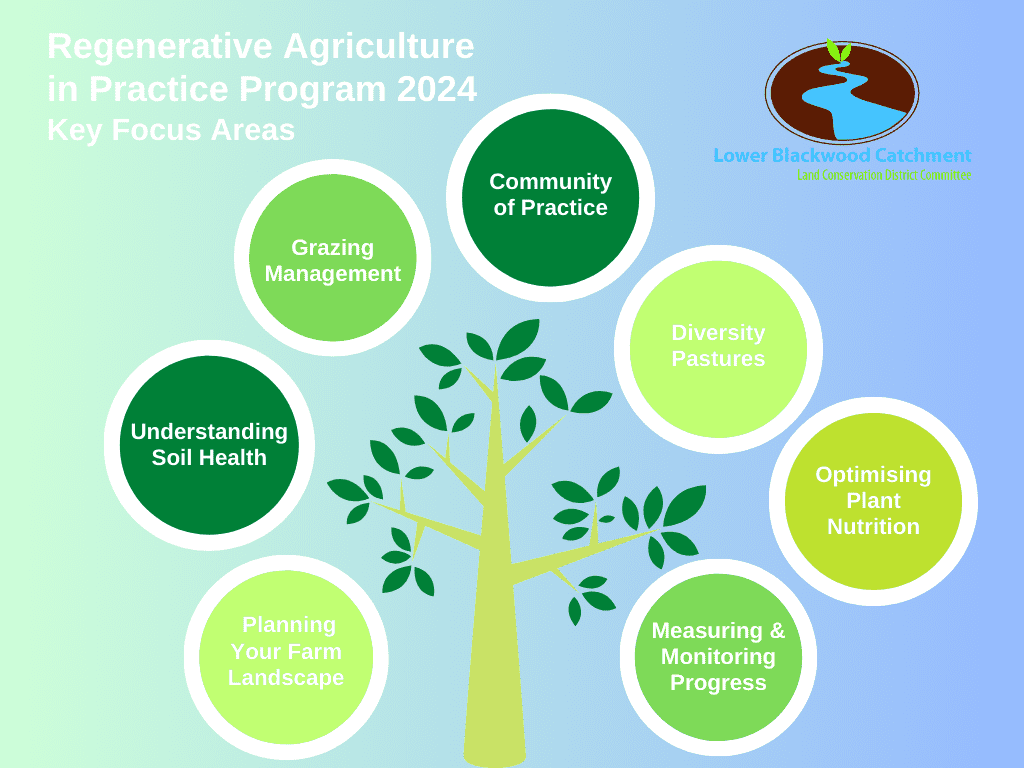
Stream 1: Understanding the Fundamentals
Who can apply? RAPP 2024 Stream 1 is open to 10 grazing enterprises (2 participants/enterprise) within the Shire of Augusta Margaret River who want to take their first steps into regenerative agriculture and gain a good understanding of the fundamental principles that underpin it.
What’s in the program?
- 1 x 4 day Plan Your Farm Landscape Course
- 1 x Reboot Your Soil Online Course
- 1 x Diversity Pastures Online Course
- 1 x Reboot Your Grazing Online Course
- Membership to Talkin’ After Hours (LCDC’s Online Community & Information Hub)
- Priority registration for program webinars & face to face workshops.
Stream 2: Supporting Transition & Adoption
Who can apply? RAPP 2024 Stream 2 is open to 15 grazing enterprises (2 participants/enterprise) who already have a good grasp of the fundamental principles underpinning regenerative agriculture and are in the process of transitioning to a regenerative approach to farming. Previous RAPP program participants are encouraged to apply.
What’s in the program?
- 3 x Masterclasses
- 5 x on farm peer group sessions
- 4 hours/enterprise access to program regen coach/mentor time.
- 1 x 12 month membership to the Soil Mentor App & Regen Platform
- Membership to Talkin’ After Hours (LCDC’s Online & Information Hub Community)
- Priority registration for program webinars & face to face workshops.
What else?
The translation of the program aims from ‘learning to doing’ will be further supported through the development & delivery of additional ‘how to’ content related to regenerative agriculture, including live workshops, webinars, podcasts, & case studies. All of the below activities are open to all project participants AND the wider community. All recorded and written content will be made available to participants and other land managers through the Lower Blackwood LCDC’s online community & information hub ‘Talkin’ After Hours’
Additional content that will be added to Talkin’ After Hours for RAPP 2024 will include recorded materials, presentation notes & guides from the following RAPP 2024 workshops, webinars & podcasts.
RAPP 2024 Live Workshops -open to all program participants and the wider community
- Optimising Plant Nutrition with Mark Tupman
- Managing Pastures with Foliar Nutrition with Joel Williams
- Make Your Own Johnson Su Bioreactor & Compost with Mark Tupman
- Make Your Own Biological Inputs with Mark Tupman
RAPP 2024 Webinars & Podcasts – open to all program participants and the wider community
- Efficient & Effective Foliar Nutrition with Mark Tupman
- Plant Diversity & Livestock Health with Professor Fred Provenza
Our Presenters & Facilitators


Mark Tupman – Productive Ecology
For over two decades Mark has been active in the fields of organic/biodynamic production, permaculture, sustainability, agro-ecology and holistic management and in between times managed an orchard, animals and food gardens on his own property.
Mark provides consultation and education & training in the establishment of integrated living production systems. In addition to his consulting work, Mark works as a project consultant to the Lower Blackwood Landcare Group and is the RAPP program coach.


Joel Williams – Integrated Soils
Joel is an independent plant and soil health educator providing lectures, workshops and consultation on soil management, plant nutrition and integrated approaches of sustainable food production.
He as a particular interest in designing farming systems that focus on managing soil biology along with crop & soil nutrition to optimise plant immunity and soil function. Joel has extensive practical experience in Australia, UK and Canada integrating soil and plant analyses as a joined-up strategy for managing production. Joel also has a passion for teaching and sharing both scientific and practical knowledge on agroecological growing practices and has lectured to farming audiences internationally.


David Hardwick – Soil Land Food
David is a professional agroecologist working in soil and regenerative agriculture extension and consulting all over Australia for 20 years. He completed a Dairy Traineeship and Diploma of Agribusiness at TAFE NSW before completing a degree in Ecological Agriculture at the University of Sydney. His focus is on regenerative and organic farming systems, land management and rural change.
David has worked in the conventional, organic and regenerative sectors and across grazing, horticulture, dairying and cropping systems. For the last 10 years he has been helping farmers and graziers all over Australia build their skills and confidence to manage soils using fun and practical activities as part of his highly successful Digging Deeper Soils Courses and Bootcamps. In 2020 he started teaching soils online!
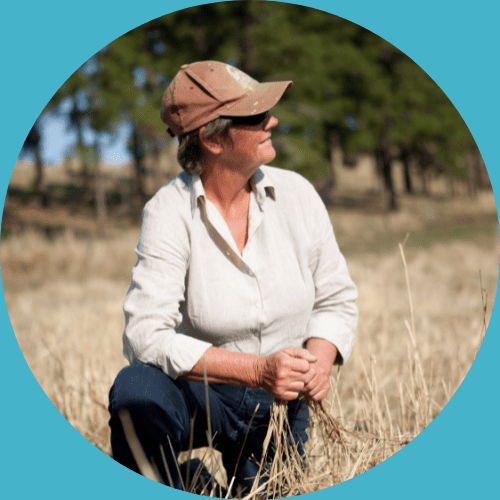

Dr Judi Earl – AIMS
Judi gained her PhD in pasture ecology when she conducted the first studies describing the benefits to pasture composition from planned grazing. She has extensive experience in how grasslands and pastures respond to grazing and fertility management and is a widely respected speaker on these matters.
Establishing the AIMS consultancy in 1998 and a Holistic Management™ educator since 2002, Judi’s main area of interest is working with land managers to enhance the condition and productivity of their land through improved understanding of ecosystem function and more effective utilisation of available resources.
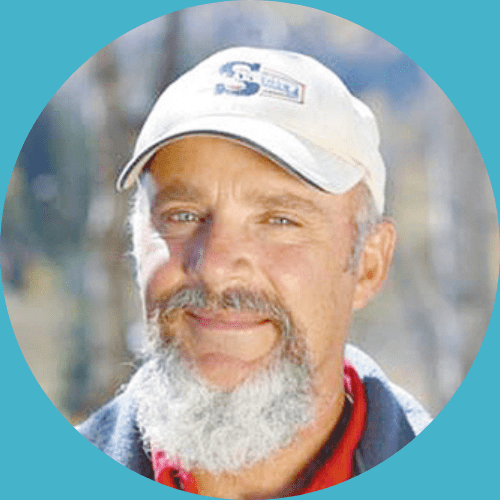
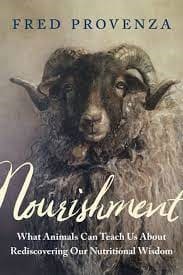
Fred Provenza, Professor Emeritus
Dept. Wildland Resources, Utah State University
For the past 30 years, Fred Provenza, professor and his team have produced ground-breaking research that has laid the foundation for what is now known as behavior-based management of livestock, wildlife and landscapes.
Fred’s research has led to the creation in 2001 of a consortium known as BEHAVE (Behavioral Education for Human, Animal, Vegetation and Ecosystem management). With scientists and land managers from five continents, BEHAVE is committed to integrating behavioral principles and processes with local knowledge to enhance ecological, economic and social values of rural and urban communities and landscapes.
His latest accomplishment is the publication of the book Nourishment: What Animals Can Teach Us about Rediscovering Our Nutritional Wisdom
This Lower Blackwood LCDC program is supported through the Shire of Augusta Margaret River Environmental Management Fund and Soil Wise. Soil Wise is funded by the National Landcare Program Smart Farms Small Grants – an Australian Government initiative. It is supported by Healthy Estuaries WA – a State Government program. Additional support for some of the workshops & courses in the program has been provided by Perth NRM | RegenWA.

